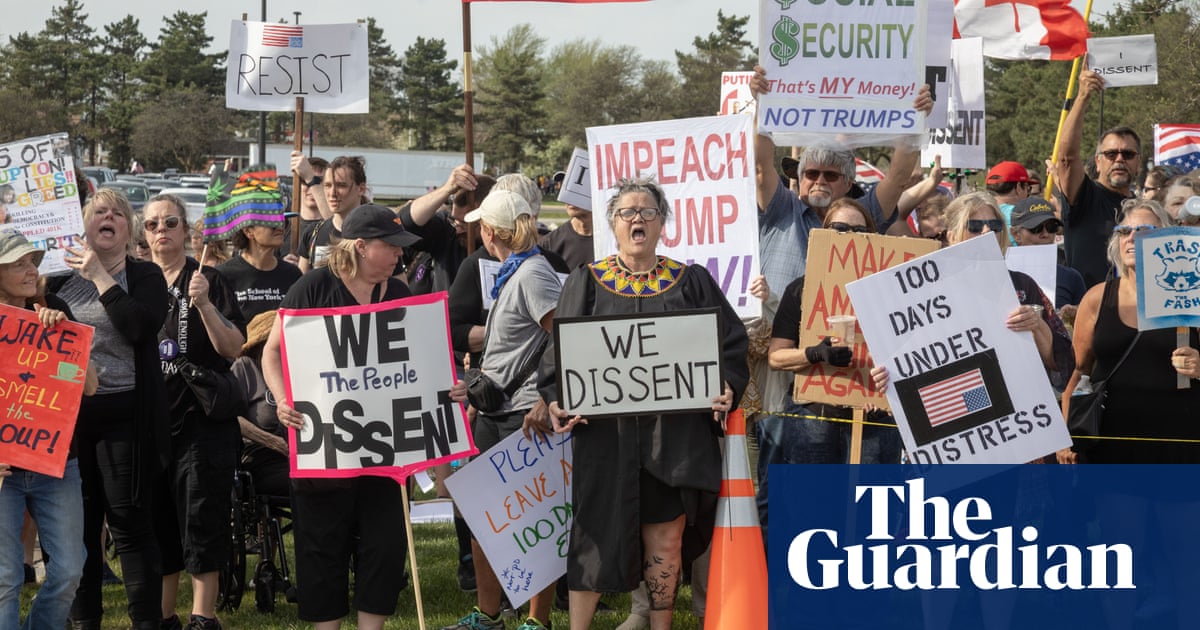Global May Day Protests Target Trump’s Policies Amid Worker Unrest
Workers worldwide march on May Day, opposing Trump's policies impacting labor rights and economic stability in various countries.
Subscribe to unlock this story
We really don't like cutting you off, but you've reached your monthly limit. At just $5/month, subscriptions are how we keep this project going. Start your free 7-day trial today!
Get StartedHave an account? Sign in
Overview
On May Day, protests erupted globally from Tokyo to Los Angeles against President Trump’s policies, emphasizing workers’ rights and immigration protections. In Asia, concerns focused on Trump's tariffs affecting local industries, with rallies held in Japan, Taiwan, and the Philippines. Activists demanded higher wages, gender equality, and better healthcare. Major U.S. cities like Los Angeles, where a significant rally took place, emphasized solidarity among workers. President Trump’s approach towards immigrants and labor rights faced strong criticism, with calls for resistance against executive overreach. Activists highlighted the interconnected struggles of workers worldwide.
Report issue

Read both sides in 5 minutes each day
Analysis
- May Day protests are a response to President Trump's administration, focusing on issues like immigrant rights and working conditions.
- The protests reflect a global unease with Trump's policies and their economic impacts, particularly in relation to tariffs and labor rights.
- Participants in the protests emphasize the unity of workers in fighting against policies seen as harmful to their rights and livelihoods.
Articles (10)
Center (3)
FAQ
Protesters are targeting Trump's policies on immigration restrictions, federal workforce reductions, and diversity program rollbacks, which organizers say threaten worker protections and social equity[1][4].
In Asia, concerns center on potential price increases for imported materials due to Trump's tariffs, with Japanese workers citing economic instability and competitive wage pressures[2][3].
May Day commemorates the 1886 Haymarket Affair in Chicago, where labor activists demonstrating for an eight-hour workday were killed, leading to International Workers' Day[1][4].
Demonstrators are advocating for prioritized public services over corporate interests, including improved access to healthcare, education, and worker protections against executive overreach[4][3].
Fear of Trump's immigration enforcement policies is deterring some immigrant communities from joining protests, though organizers emphasize solidarity against workplace exploitation[1][3].
History
- 6M

 3 articles
3 articles




